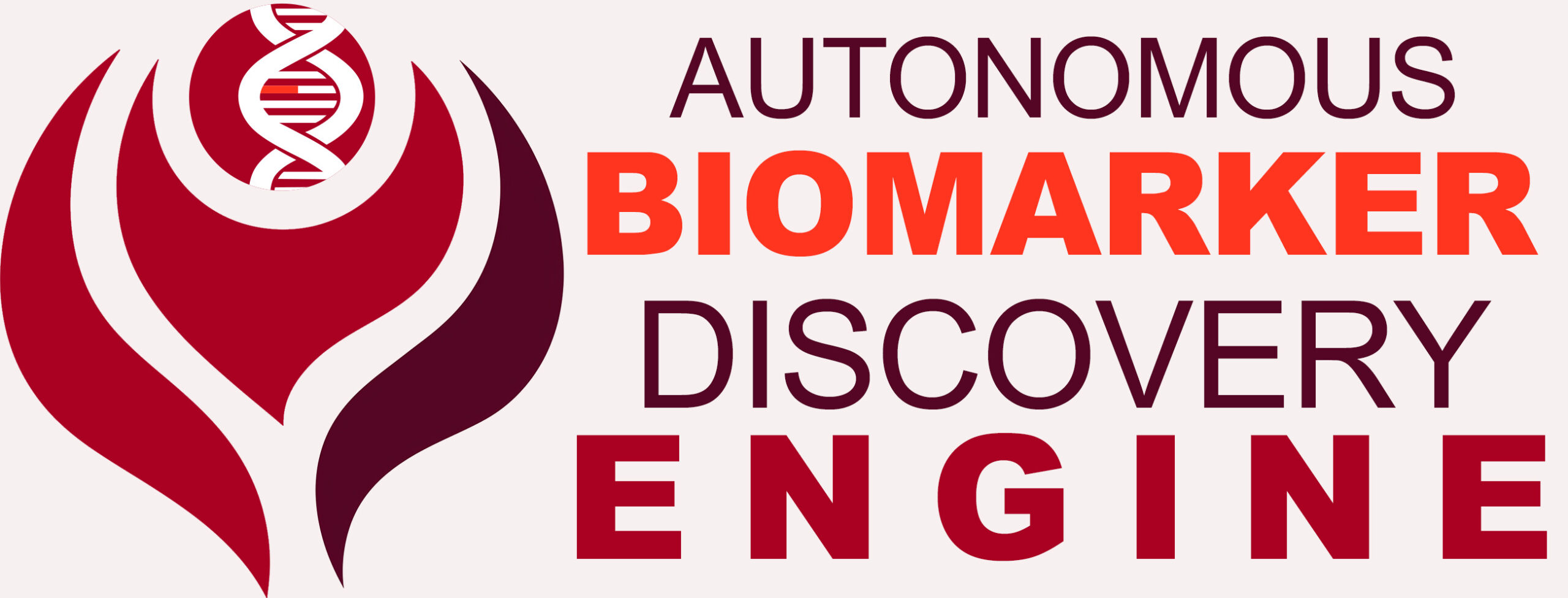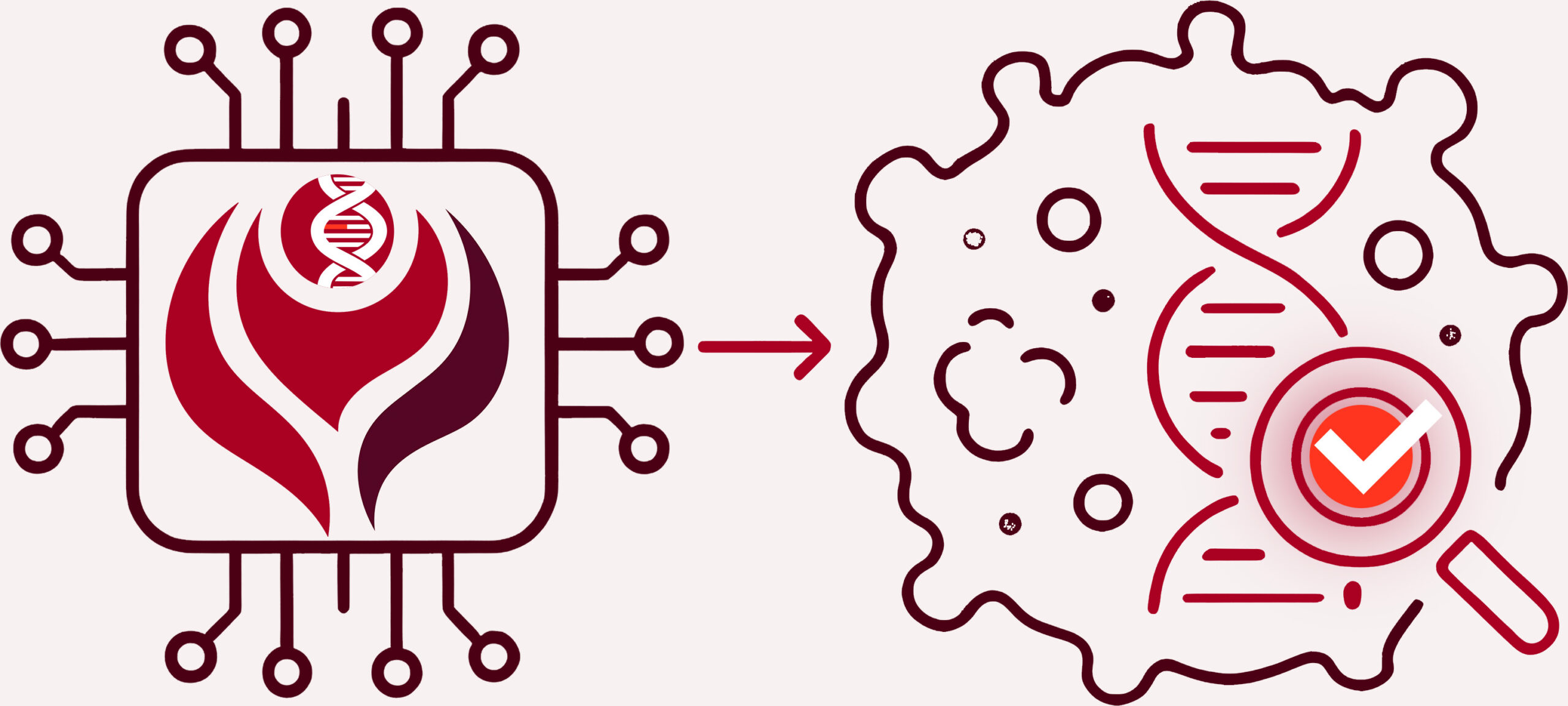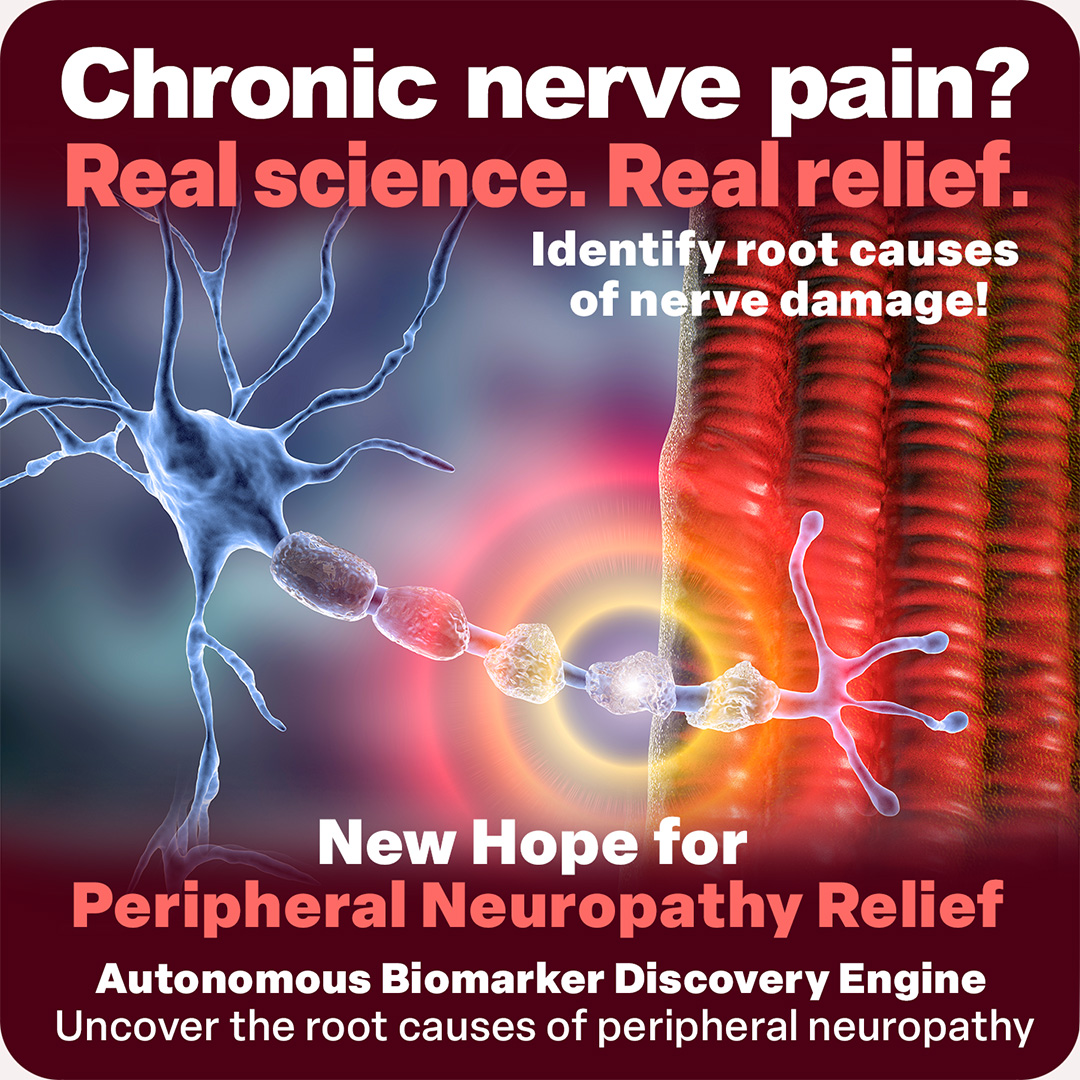Unlock the Secrets of Your Health-Related Condition with F420 Program

Powered by Agentic AI
Our cutting-edge analysis leverages Agentic AI—an advanced form of artificial intelligence specifically designed for transcriptomic data.
Within this system, specialized AI “agents” process and interpret vast genetic datasets to uncover meaningful patterns.

Identifying genes that:
- May elevate disease risk
- Understanding how genes interact within biological pathways
- Linking your unique gene activity to established disease mechanisms
About F420 Program
F420 Program is an integral part of Ayass BioScience, LLC/Ayass Research Institute, LLC. Our advanced Autonomous Biomarker Discovery Engine is developed and utilized IN-HOUSE, ensuring a seamless and highly specialized integration between our laboratory processes and the sophisticated data analysis.
Discover the underlying causes and potential treatments for your condition with our cutting-edge technology. Gain valuable insights into gene expression patterns and identify biomarkers for personalized care.
Don’t let your condition control your life, take charge with F420 Program today.
Don’t settle for generic solutions, choose F420 Program
Uncover the intricate details of your condition with our state-of-the-art technology. Analyze transcriptomes to understand gene expression patterns and unravel the mysteries behind many complex conditions. Empower yourself with personalized insights and pave the way for targeted treatments.
Autonomous Biomarker Discovery Engine
With a relentless commitment to innovation, cutting-edge technology, and a team of brilliant scientists, our F420 Program is redefining the way we understand gene expression and regulation. Our pioneering Autonomous Biomarker Discovery Engine has ushered in a new era of genomic insights.
Through single-cell resolution, long-read sequencing, dynamic expression profiling, integrative systems biology, and AI-powered insights, F420 Program continues to empower us with the tools we need to unravel the mysteries of gene expression and revolutionize our understanding of many health conditions.

The Future of Personalized Medicine is Here!
Our test leverages cutting-edge sequencing and AI to reveal the secrets hidden in your genes from a few drops of blood
How Can Autonomous Biomarker Discovery Engine Analysis be Beneficial for Addressing Health Conditions?
Autonomous Biomarker Discovery Engine can contribute to the development of personalized treatment strategies for our patients. By analyzing individual gene expression profiles, we can gain insights into the unique molecular characteristics of each patient’s condition. This information can assist in tailoring treatment plans and selecting therapies that are effective for each individual.
Why 420?
We can detect differential expression of more then 420 genes (relevant to pathways for pain processing, such as glutamine/glutamate signaling and axonal development), upregulation of few inflammatory pathways and downregulation of pathways related to hypersensitivity and allergy.
Additionally, genes associated with immune system dysfunction, including cytokines and chemokines, have shown dysregulation in many health conditions.
TRANSCRIPTOME AI ANALYSIS OF NUCLEOLAR RNA
Autonomous Biomarker Discovery Engine analysis of nucleolar RNA focuses on studying the complete set of RNA molecules produced by the nucleolus within a center of the cell.
This provides a unique perspective on cellular regulation. It is a dynamic field with the potential to uncover novel insights into fundamental biological processes and advance our understanding of many health-related issues.
CONTACT US
If you have a particular subject in mind or require help with a specific matter, kindly provide more specifics, and we’ll make every effort to answer your questions. We will address any inquiries you may have and offer you information about our services.
Transcriptome testing is conducted at Ayass BioScience, LLC for research purposes only and is not FDA approved.
If you have any questions about transcriptome testing, please call us at 972-668-6005 or fill out the contact form. We will be happy to answer any questions you may have.


